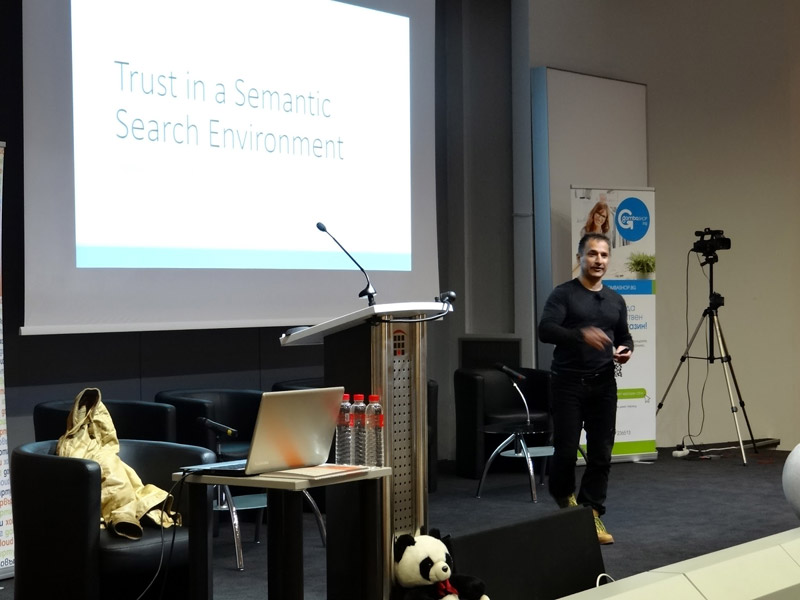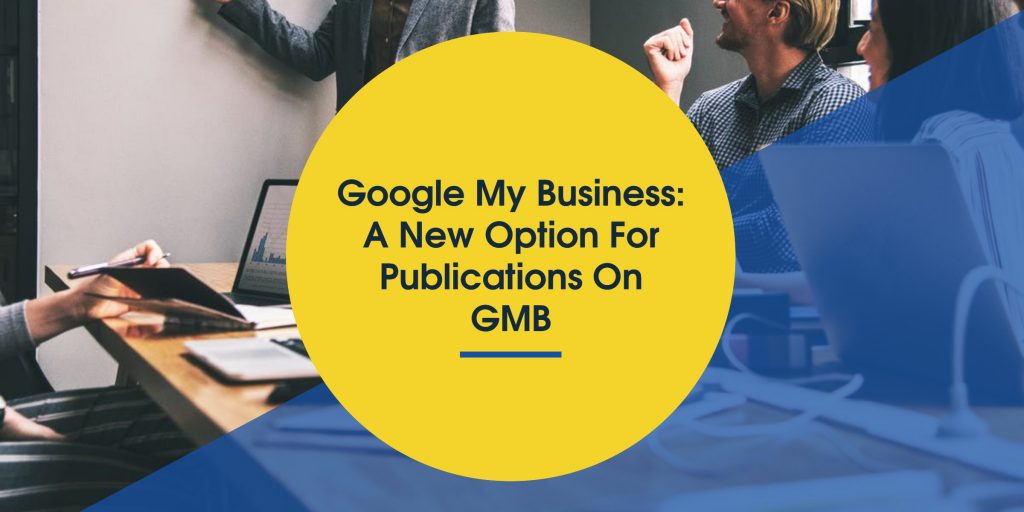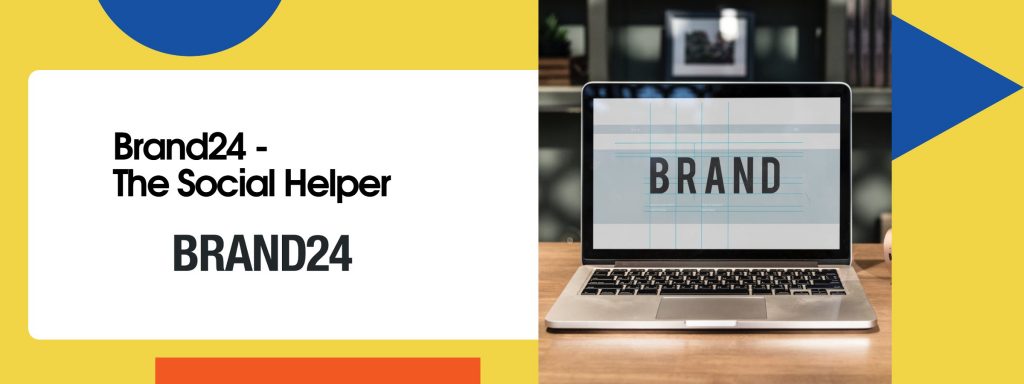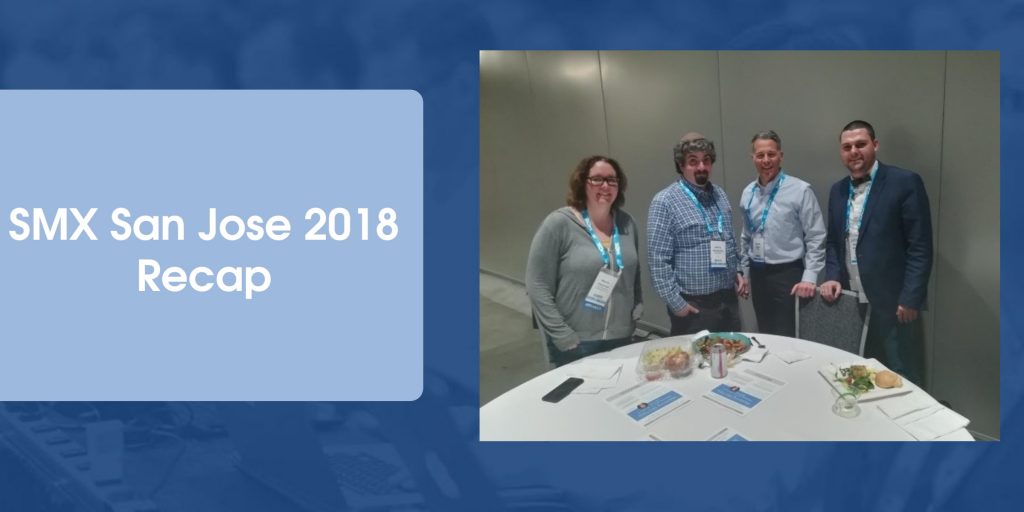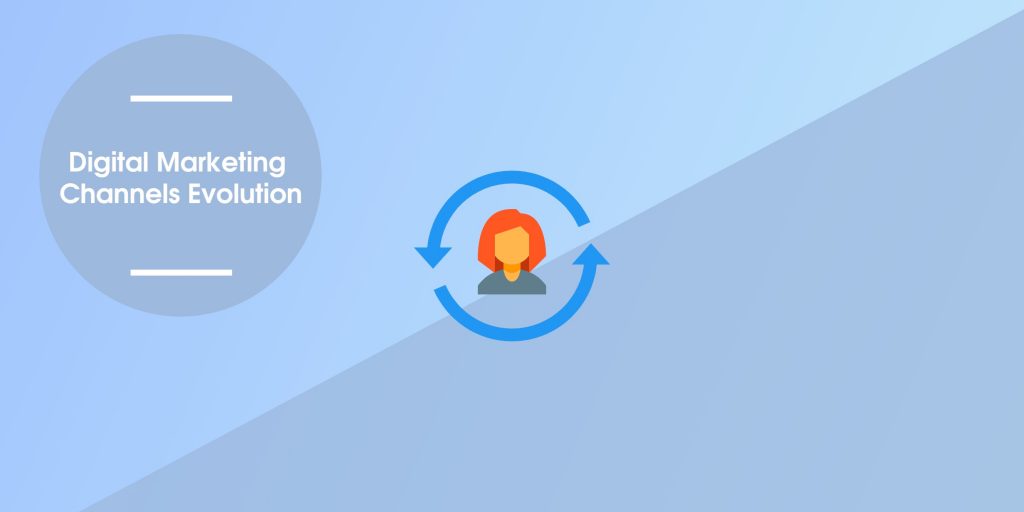12 working tips for SEO improvement by Eric Enge
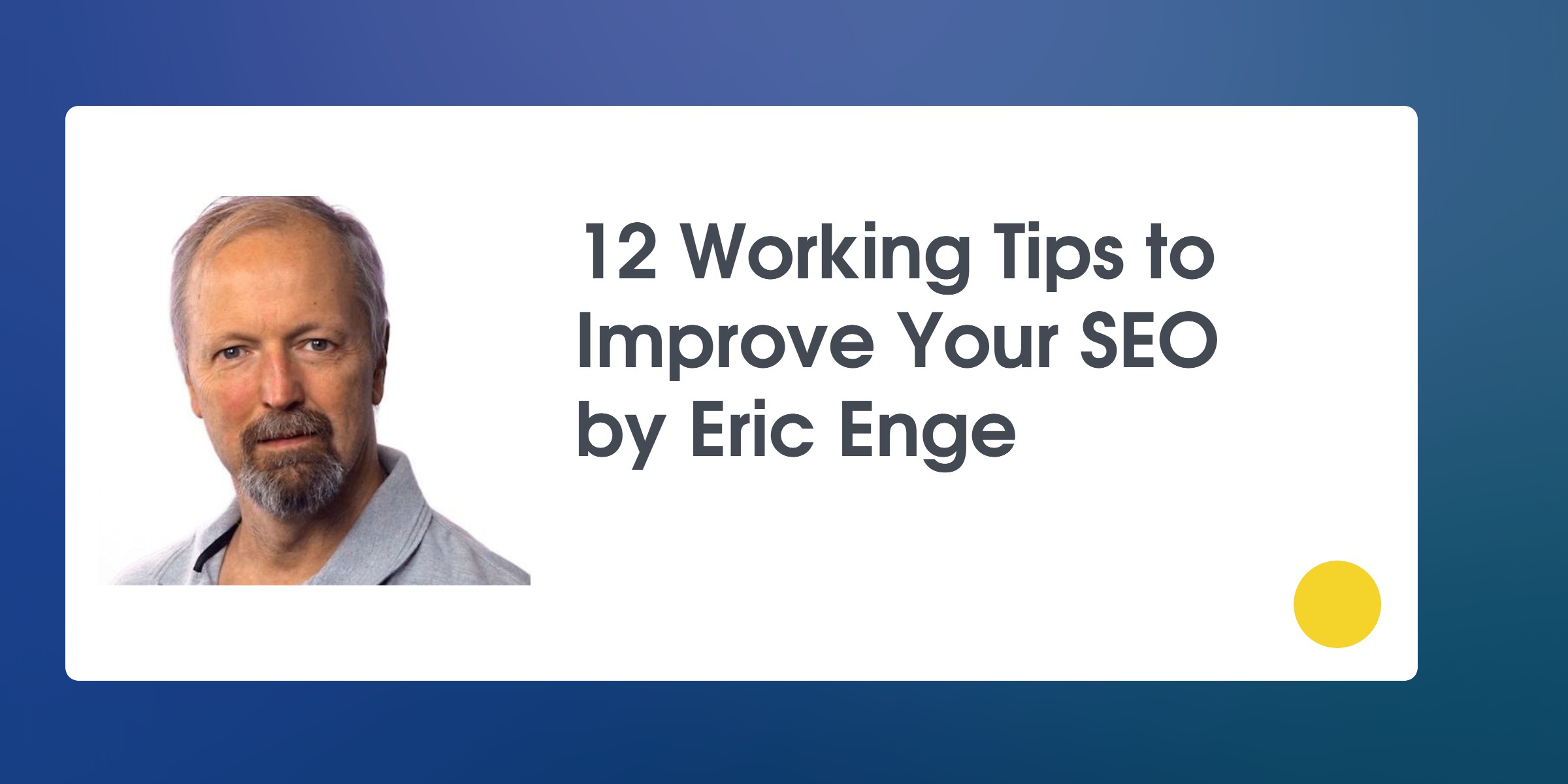
The first brief interview from Serpact series “PRO SEO advices from experts” with Eric Enge himself.

Enge is the CEO of Stone Temple, a 70 person digital marketing agency out of Boston. He is co-author of The Art of SEO, was named 2016 US Search Awards Search Personality of the Year, and 2016 Landy’s Search Marketer of the Year. Stone Temple provides SEO Services and Content Marketing Services to large enterprise organizations.
1. What are the most common SEO mistakes you’ve seen in your practice?
There are so many! Here are a couple ov very common ones:
a. Many people start using SEO tags, like NoFollow, NoIndex, Rel=Canonical, Hreflang, etc., without fully understanding what they do. This leads to significant coding mistakes the way that Google sees the site in a negative way. For example, I know one very large brand that has implemented a rel=canonical from all of their faceted navigation pages to their site home page. This is obviously not a good thing!
b. We have also run into many companies that believe that their big strength is how they chase the long tail of search. Sadly, this leads to them implementing way too many pages on their site, and then they’re surprised when they see continual organic search traffic declines to their site over time. Many times, they respond by implementing more pages, which simply makes the problem worse!
2. Do you think embedding a YouTube video or video hosting at all helps for better rankings? What’s your experience?
I don’t think that simply embedding a video will raise the rankings of a page, BUT, if the video includes great content, with a transcript of it on the page, that can lead to the page ranking for terms for which the video is relevant.
3. How Google evaluates content quality? Sitewide, page by page? What is high-quality content for you?
I believe it is done both sitewide, and page by page. Google wants to return the very best possible page for each query. However, even if you’ve got a great page for a given query, it may not rank well if your overall site quality is low. For example, if you have too many thin content pages, Google may choose not to rank your site well for any query, even for those which you have quality pages for.
Content quality really relates to two major things:
a. How well your page meets the needs of users who enter in specific queries related to it.
b. Whether or not the page has sufficient depth. Here I’m alluding again to the issue of thin content, which you should seek to avoid.
4. Do you believe in the “End of Link Building”?
Not at all. Link building is alive and well. We showed that in a study about the impact of links on SEO that we published in 2016.
In my opinion, links play a unique role as a ranking factor. There is no other signal that exists on the web where the person that implement the link is saying that they believe it has enough value for users on their site that they’re are willing to have those users leave their site.
5. In-House SEO or a SEO Agency?
Whether or not you have an in-house SEO, instead of an agency, depends on factors such as your budget, and the overall importance of SEO to your business overall. Many of the large brands we work with do both. They build strong in-house teams, and then work with us to be their agency.
This gives them the advantage of having someone inside their company who is knowledgeable about SEO, and leveraging the depth and breadth of an agency that has the experiences of working on many different web sites.
6. Your most common and top ranking factors?
I wrote a post on Moz a while back in which I suggested that you need only worry about two ranking factors: links and content. In broad terms, I’d add a third, which is the notion that you need to have a strong overall site architecture.
So those would be my top 3!
7. Sometimes cheap, generic content still does better in the Serps than great article/post/etc. What do site owners need to do to give their great content a boost and make certain google recognizes its value?
I think the first thing is to be patient. Sometimes that cheap generic content does well, but hopefully over time the signals will make it clear to Google that your content is better. If it were me, I’d invest in content marketing programs to drive links to the page. A few of these should help put your content over the top.
8. Do you believe switching to Mobile index will change the SEO game in general?
There are many sites with major SEO problems on their mobile site. I know of one major US brand that has only 3 pages on their mobile site. If Google were to switch to the mobile index today, they would disappear from the search results. Another company I know has a mobile site where some of the pages are 217 clicks away from the home page. This are obviously problems! So sites really need to pay attention to their mobile site architecture and get it in solid shape before Google makes the switchover.
That said, I do think that the changes to the algorithm itself won’t be as big as people think. We’ll see if I’m right!
9. How does the crawl budget impact SEO rankings?
Crawl budget has no direct impact on rankings. The only way it impacts rankings if Google is not crawling some of your pages at all, in which case they obviously cannot rank for anything.
10. How important is the content marketing for SEO? Does a company really need it?
Content marketing is often the best way for a business to build links today. It works well because it combine reputation and visibility building with acquiring high quality links. The big key to this though, is to focus on a small number of very high quality links.
Having said this, I want to acknowledge that my statement above on this works extremely well in the US market. In reality, there are certain markets where far less linking is done between web sites. The rules of the game may be a different in those markets.
11. About AMP. Do you believe in AMP product pages for future?
I think that AMP has some serious legs to it. One reason for this is that it has many partners in the program, companies like Twitter, Pinterest, Baidu, WordPress, and others. As a result, this is not a Google only program. We’ve also done a lot of testing with AMP, and the performance improvements are very impressive.
12. How important is Structured Data for ranking?
In general, structured data will not increase your rankings in Google. However, for certain types of queries it may result in your result in the SERPs to be modified in appearance. You can see examples in the attached set of results for the search “loc lac recipe”. This is still worth pursuing, as it does make your search result stand out!
